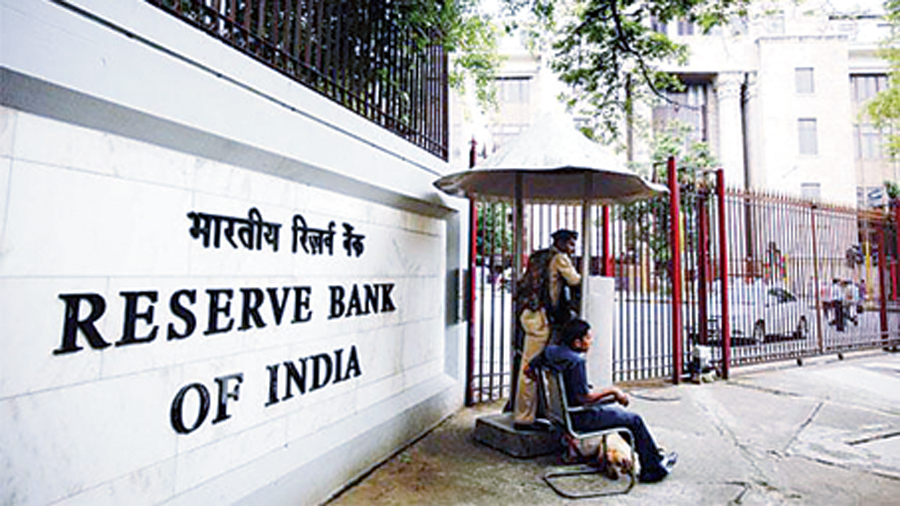The Indian economy is likely to have entered into a technical recession for the first time in its history at the end of the first half of 2020-21, according to a Reserve Bank of India report, prompting Congress leader Rahul Gandhi to blame the policies of the Narendra Modi-led government for the situation.
"India has entered into recession for the first time in history. Mr Modi's actions have turned India's strength into its weakness," he said on Twitter.
Rahul cited a report wherein a team of economists, including Michael Patra, the central bank's deputy governor in charge of monetary policy, has pointed out that the gross domestic product contracted 8.6 per cent in the quarter ended September.
The Reserve Bank of India’s report is a part of its first ever published “nowcast,”' which is an estimate based on high-frequency data. The economy has slumped about 24 per cent in April to June, reports ndtv.com.
In economics, when the GDP growth rate is negative for two consecutive quarters or more, it is termed recession. “Nowcasting” is the prediction of the present or the very near future of the state of the economy.
"India has entered a technical recession in the first half of 2020-21 for the first time in its history," the authors wrote. The government is due to publish official statistics on November 27.
The NSO estimates for the second quarter expected at the end of November 2020 will formally bear out the extent of improvement that occurred in the quarter gone by, the RBI said in a State of the Economy report, according to The Indian Express.
The RBI, however, said the economy will break out of contraction of the six months gone by and return to positive growth in the October-December quarter of 2020-21. Incoming data for the month of October 2020 have brightened prospects and stirred up consumer and business confidence, it said.
“With the momentum of September having been sustained, there is optimism that the revival of economic activity is stronger than the mere satiation of pent-up demand released by unlocks and the rebuilding of inventories. If this upturn is sustained in the ensuing two months, there is a strong likelihood that the Indian economy will break out of contraction of the six months gone by and return to positive growth in the third quarter (Q3) of 2020-21,” it said.
However, "there is a grave risk of generalization of price pressures, unanchoring of inflation expectations feeding into a loss of credibility in policy interventions," the team of economists wrote in the Reserve Bank's bulletin. They also highlighted risks to global growth from a second wave of coronavirus infections.











